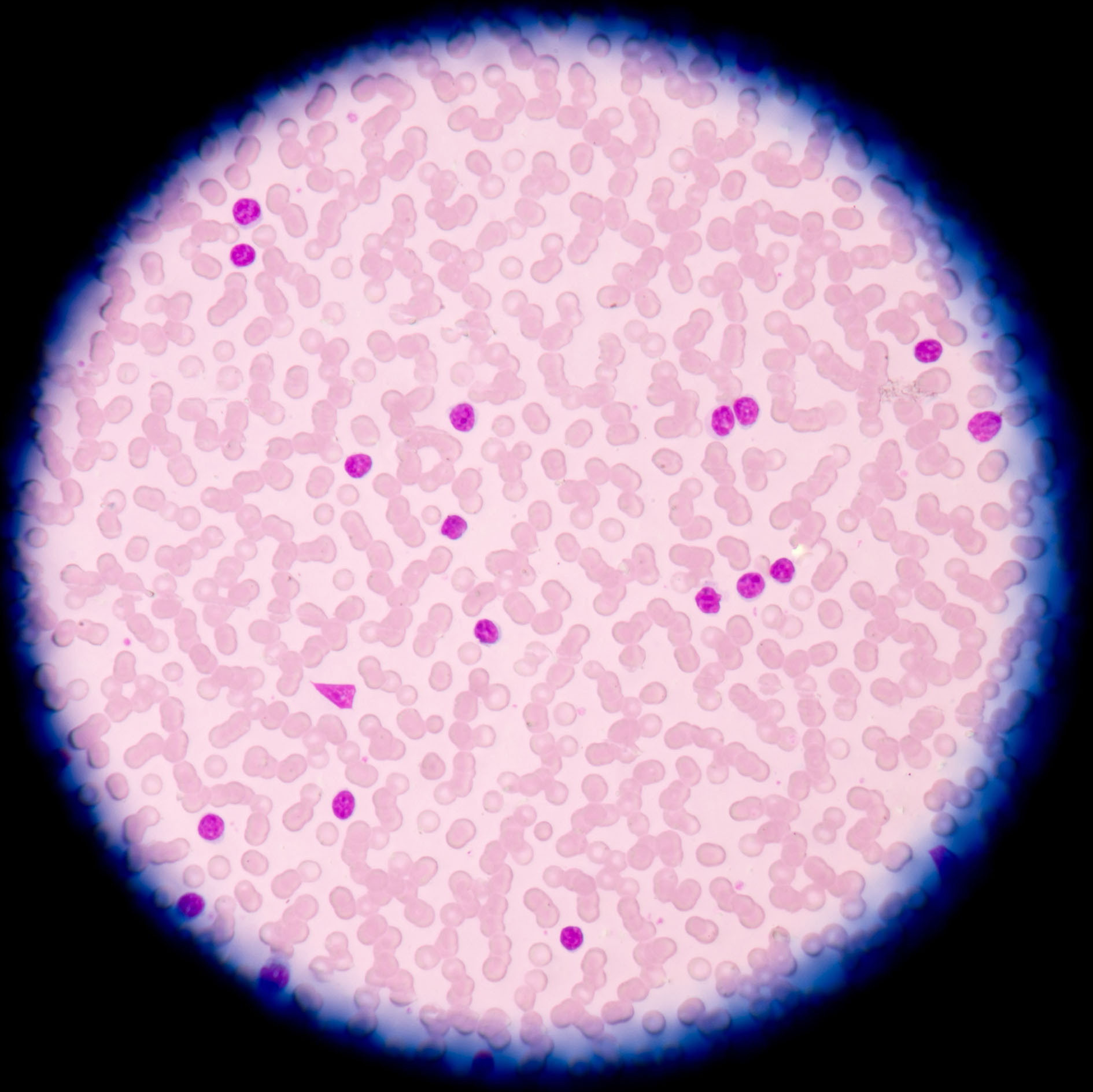AbbVie's CLL drug Venclyxto too expensive for NHS, says NICE

NICE has said AbbVie’s Venclyxto (venetoclax), in combination with development partner Roche's MabThera/Rituxan (rituximab), is not a cost-effective use of NHS resources as a treatment for a kind of leukaemia.
The cost-effectiveness body said in first draft guidance that the combination should not receive regular NHS funding in relapsed or refractory chronic lymphocytic leukaemia (CLL) in adults.
In the guidance, NICE noted that people with this form of the disease have limited treatment options – it progresses slowly and patients are left for a long time in the “watch and wait” stage of the treatment pathway.
This can have a negative psychological effect on them as they worry about relapsing.
NICE’s independent appraisal committee said that although Venclyxto can cause serious side effects such as tumour lysis syndrome (TLS), it is generally tolerated.
However, the committee said it would welcome further data from the MURANO trial used for approval with regulators, which compared the combination with bendamustine versus rituximab.
The committee also had issues with an indirect comparison between Janssen’s Imbruvica (ibrutinib) monotherapy and Gilead’s Zydelig (idelalisib) with rituximab.
Benefits of the most appropriate comparator – Imbruvica – may have been underestimated because of the way the comparison had been carried out, NICE said.
But NICE noted that the drug’s safety profile was acceptable as this formulation mitigated risks of tumour lysis syndrome, a potentially fatal complication caused when large amounts of tumour cells are killed, releasing their contents into the bloodstream.
Venclyxto, which costs £4,789 for 28 days’ supply at full price, did not qualify for extra leniency from NICE where a medicine extends the life expectancy in patients with a few months left to live.
People with CLL have a life expectancy of more than two years, so did not meet NICE’s criteria.
It is also not suitable for the Cancer Drugs Fund, which can provide interim reimbursement if pending trial data can help with NICE’s cost effectiveness calculations.
Despite a commercially confidential discount, NICE said the drug was not cost effective, although the manufacturer has until mid-November to submit further evidence.
NICE will then issue final draft guidance following a second appraisal hearing at the end of next month.













